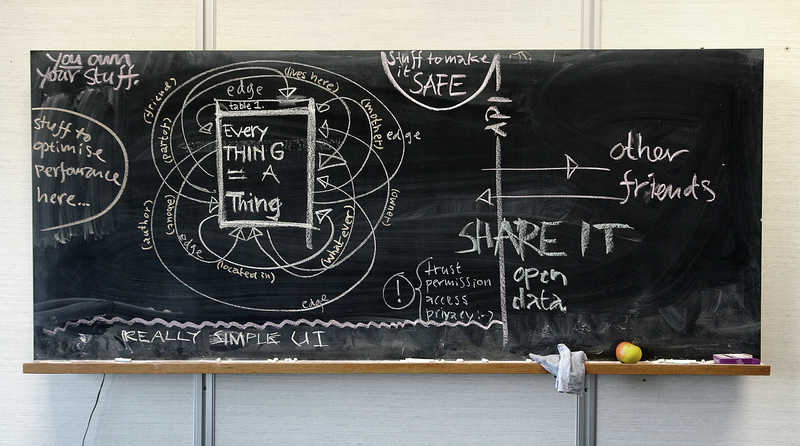anyMeta is a community management system that offers a sustainable information structure for internet projects. anyMeta is powering over 40 different web sites.
I was the principal architect and software engineer of anyMeta. In four major revisions it grew from a small library to full featured content management system with over 90 different modules. It is also the first CMS that actively shares information between different web sites using push updates and cross site editorial protocols.
The system allows visitors to actively participate on the website, while the resulting information automatically appears in the right place, within a relevant context. This makes anyMeta extremely suitable for social networks, knowledge management, collaborations, and story telling.
Semantic
As a semantic network anyMeta uses meta data, which means the system is ahead of the current internet developments. This meta data is used to let information automatically appear in a consistent and clear structure, within a relevant context. This will save editors a lot of time. It also helps and stimulates visitors to navigate the website, because the associations between different kinds of information are directly shown.
Social
There are many options for visitors to actively participate on anyMeta websites. They can register as a user and create a personal profile. Administrators can grant users several rights to certain parts of the website. This allows users to add all kinds of information to the web site themselves.
Flexible
The system allow anyone with an internet connection to easily update and maintain the website. Despite the automatic structuring, editors are not totally dependent on the system and its users. Information can also be ordered in a custom way. Besides that, editors can actively manipulate the use of meta data, by offering a set of predetermined keywords. This makes anyMeta very flexible, because the automatic structuring can be supported with an editorial signature.
Open-CI
Especially interesting about anyMeta is the option to exchange information with other web sites. With the use of open standards, the system is able to share information with other systems, without losing its own identity. So the system is not only capable of creating relevant connections within one network, but also between multiple related web sites.
Sustainable
Web sites based on anyMeta can handle large numbers of visitors at once. Pages and information load fast, and editors can publish new information directly on the website. The powerful search functionality and automatic structuring help managing large amounts of information. Because of its semantic structure, it is easy to add new meta data to the system when changes to the website are necessary.
